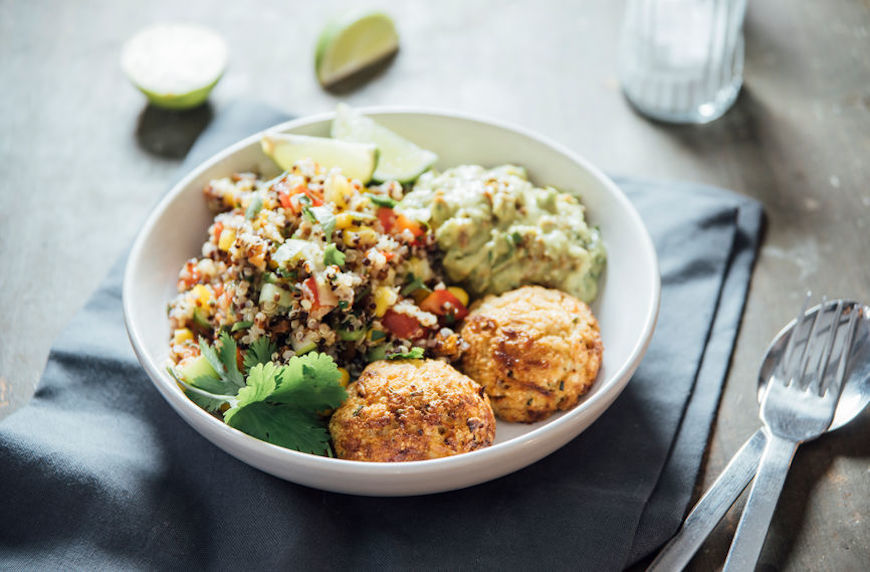According to numerous studies, the Mediterranean diet is one of the healthiest ways of eating in the world. It involves consuming plenty of seasonal fruits and vegetables, whole grains, legumes, nuts, seeds, fish, and olive oil.
However, many people wonder if following a vegan Mediterranean diet is possible.
As a result, many experts have recommended adopting the principles of the Mediterranean diet to suit a vegan lifestyle.
A vegan Mediterranean diet can provide a wide range of health benefits, particularly in relation to cardiovascular disease, metabolic issues, and cancer.
This type of diet includes a variety of plant-based foods such as fruits, vegetables, legumes, nuts, seeds, and whole grains.
These foods are rich in nutrients such as fiber, vitamins, minerals, antioxidants, and healthy fats, which can help reduce inflammation, lower cholesterol levels, improve blood sugar control, and support a healthy weight.
In addition, a vegan Mediterranean diet is lower in saturated and trans fats, and higher in monounsaturated and polyunsaturated fats, which are associated with lower rates of heart disease and stroke. It also includes moderate amounts of fish, which can provide omega-3 fatty acids that have been shown to reduce the risk of coronary heart disease.
Moreover, this type of diet has been linked to a reduced risk of several types of cancer, such as breast, colon, and prostate cancer.
This may be due to the high intake of antioxidants and anti-inflammatory compounds found in plant-based foods.
A vegan Mediterranean diet can be a delicious and nutritious way to improve your health and reduce your risk of chronic diseases.
The key principles of this diet involve cooking from scratch and avoiding highly processed foods, consuming substantial amounts of seasonal fruits and vegetables, and consuming complete plant protein sources such as soy and soy products, quinoa, buckwheat, chia seeds, hemp seeds, and spirulina.
In addition, replacing dairy products with an alternative of your choice, e.g., plant-based milk, yogurts, and cheeses, is also an essential component of this diet.
Fortunately, many easy swaps can make a vegan Mediterranean diet a possibility, should one desire to follow it.
To help people get started on a vegan Mediterranean diet, a meal plan has been developed by registered dietitian Jessica Ball.
The meal plan interweaves principles of both diets to create a healthy plant-based approach to eating for better health. It sets the plan at 1200 calories per day to promote a healthy weight loss of 1 to 2 pounds per week and includes modifications to bump it up to 1500- and 2000-calorie days.

The meal plan includes a variety of delicious and nutritious plant-based foods such as quinoa, brown rice, old-fashioned rolled oats, whole-wheat pita bread, whole-grain bread, barley, black beans, chickpeas, hummus, lentils, tofu, nuts, seeds, and plenty of fruits and vegetables.
To finish, the Mediterranean diet may traditionally focus on animal-based products like fish and dairy products. It’s possible to adapt its principles to suit a vegan lifestyle.
By following a vegan Mediterranean diet, people can enjoy a wide range of health benefits while also contributing towards a healthier environment and the prevention of diet-related diseases. Vist Eating Well for more information!
